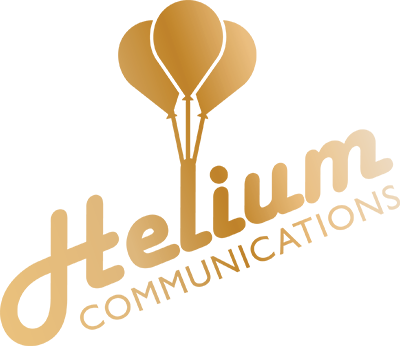Diversify Your Media Sources—ON PURPOSE
There’s the call to action, folks. It’s in big letters twice because I want you be sure you get that point today. This concept isn’t new to regular readers; I’ve mentioned it before, and hinted at it in other pieces. It’s what i’d intended to write about for my guest post for Grounded Goodness, but I decided to skirt around the issue a bit because I wanted to lay the groundwork…and because I was afraid to be so direct.
The time has passed for us to passively take in media of any kind—news articles, TV (scripted, “reality,” news), magazines, music, novels, non-fiction, social media, radio, textbooks, podcasts. Be intentional about what you’re taking in and whose voice you’re getting.
If you’re not paying attention to who you’re listening to, I guarantee the predominant voices are:
white;
male;
cisgender;
able bodied;
straight; and
neurotypical.
And I can already feel the hackles going up on my fellow white women at that list. I can hear the “No way. I make sure to listen to women! Look at my bookshelf/podcast app/Instagram feed. #sisterhood”
I encourage you to look at that list again and be honest with yourself. Are you actively seeking out trans voices? What about Black women? Disabled women? Indigenous women? Lesbians? Autistic women? The list goes on and the adjectives combine in innumerable ways.
There are as many stories and viewpoints on earth as there are people, but our world has been built around listening to and following the lead of a small—and very specific—set of voices.
I have a lot of mixed feelings about the democratization of media through the internet, but I am endlessly grateful that it gives access to voices we didn’t hear before. When I talked about the myth of objectivity, I noted how deeply the biases can go in media because of the layers of power (and the people who hold it). The internet gives us access to billions of voices that don’t have to deal with all that gate keeping, imperfect and unequal as that access is.
So, for the love of all things holy, seek those voices out. Because right now, we have to make the choice ourselves; the deck is still stacked against marginalized people.
I remember that dawning realization coming for me in 2014, after Michael Brown was shot six times by Darren Wilson, a police officer, in Ferguson, Missouri. As I watched the protests via Twitter, before those default media sources decided it was a story worth covering, I felt sick to my stomach. Not just because protesters were being teargassed and beaten. Not just because there were armoured police vehicles driving down US streets. Not just because of the chants of “Hands up; don’t shoot.” But because I hadn’t seen that uprising coming, because I hadn’t actually been paying attention.
The Ferguson protests made it clear to me that I was missing so much—that my ignorance was inexcusable and harmful. I needed to be intentional about whose voices I listened to.
I started with my Twitter follows, seeking out people with different experiences and perspectives. I unfollowed a lot of those default voices and looked for the marginalized voices. Then I shut up, listened to those voices, and learned. So. Much.
I quickly realized I needed to apply that same filter to what I was taking in across all my media sources. And to be honest, once I rejected letting the default, easy, obvious options rule my choices, the quality of what I was reading and listening to shot way up. These voices often have to be twice as good to get half as far, so I choose to reward that work and we are all better for it.
You can apply that same filter right now.
Look at your “following” lists.
Look at your subscriptions: newspapers, podcasts, magazines, Patreons.
Look at the hosts and anchors, who they interview…and about what.
Look at your bookshelf: non-fiction and fiction.
Do you see the same kinds of faces looking back at you?
You can change your perspective, and whose perspective you listen to. We can all get better (me included!). But it takes intention; the default is powerful.
There are a million places to start. Maybe I’ll create a list of suggestions/favourites at some point, but also remember that Google is your friend. Feel free to trawl my Instagram to find new accounts to follow, or fire me an email to ask for specific suggestions. And as a millennial, I would be remiss if I didn’t recommend some recent BuzzFeed lists.
Queer love stories (Happy Pride!)
YA books by Black authors (I have read 1, 3, and 9 and many more are on my list)
Black sci-fi and fantasy (all hail N.K. Jemisin)
Black bookstagrammers (diversify your bookshelf and your Instagram feed)
You may notice that there’s no non-fiction there. Partially that’s because non-fiction is a whole other beast, covering basically every subject under the sun, but it’s also because many of those lists end up focusing on books on anti-racism or other subjects that pigeonhole marginalized authors into just being the experts on their own marginalization. Which they are (don’t read anti-racism books by white people, certainly not before you read the ones written by people of colour), but they are also so much more. So whatever your non-fiction subject of choice is, make the effort to find experts outside the white/cis/hetero/neurotypical/able-bodied default.
Also, if you haven’t already reviewed a list of anti-racism books to read by now…you’re not going to click on the link I give you. And maybe you should think about why that is.
Let’s do better, friends. This is an simple place to start, and you very well may be delighted by what you discover.
